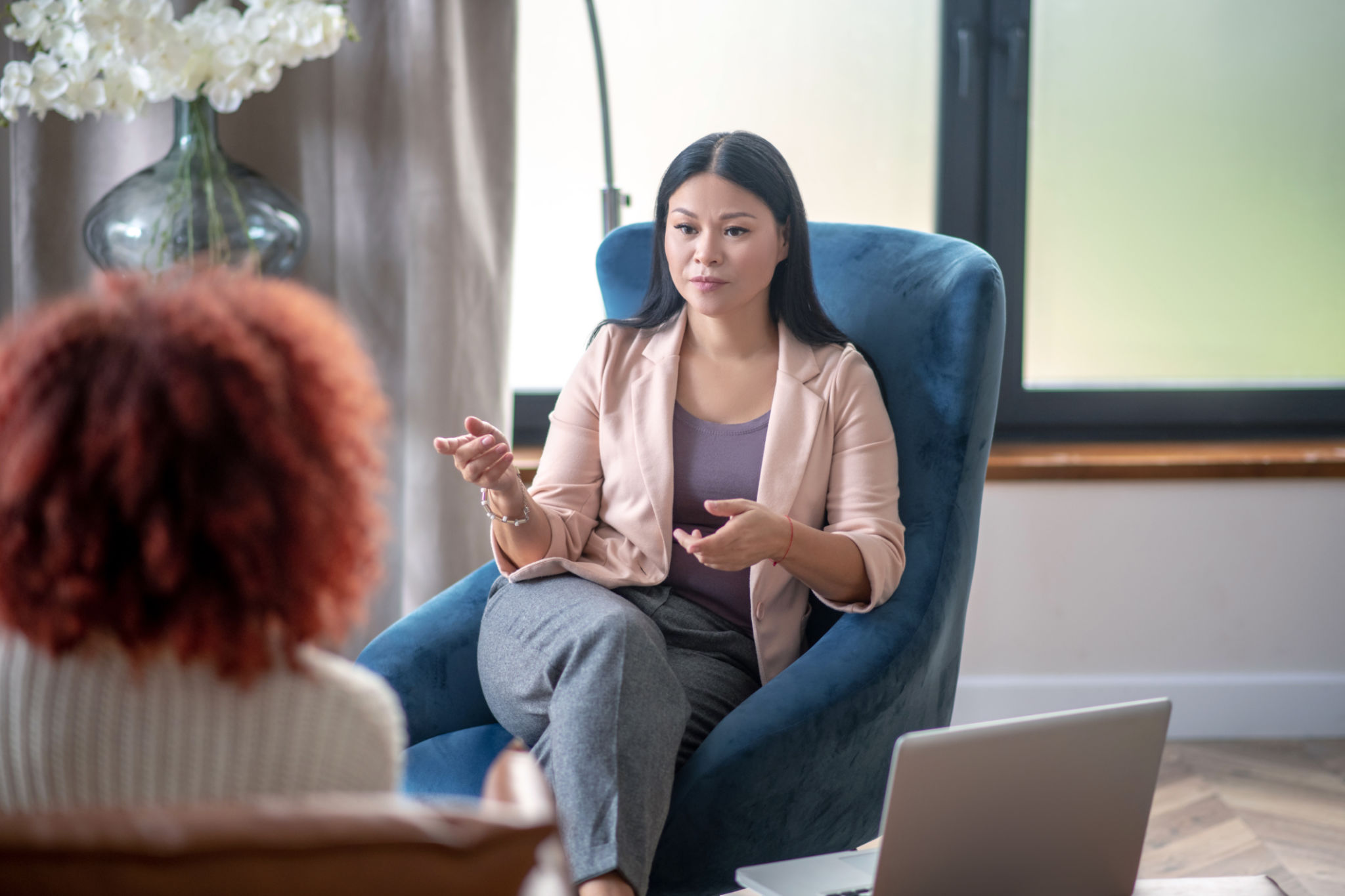What to Expect During a Counselling Session: A Complete Guide
Understanding the Counselling Session Environment
Entering a counselling session for the first time can be a bit daunting, but knowing what to expect can significantly ease any anxiety. The environment is typically warm and welcoming, designed to make you feel comfortable and at ease. Your counsellor will likely greet you in a private, quiet space that allows for confidential conversations.
During your session, the focus is on creating a safe space where you can openly share your thoughts and feelings. The counsellor’s role is to listen actively and provide guidance without judgment. This supportive environment is essential for fostering open dialogue and trust.

Initial Assessment and Goal Setting
The first session often involves an initial assessment where the counsellor gathers information about your history, concerns, and what you hope to achieve through counseling. This is a collaborative process, allowing you to express your reasons for seeking help and any specific goals you have in mind.
Setting goals is a crucial part of therapy. Together with your counsellor, you'll outline what you want to work on. These goals can be adjusted over time as your needs change or as you progress in therapy.
The Structure of a Typical Session
A typical counseling session lasts about 50 minutes. It usually begins with a brief check-in, where you discuss how you've been since the last session. This is followed by a deeper dive into the topics you wish to explore, which could include challenges you're facing, emotions you're experiencing, or events that have recently occurred.
Your counsellor may use various therapeutic techniques to help you gain insight or develop coping strategies. These techniques can range from cognitive-behavioural methods to mindfulness exercises, depending on what suits your needs best.

Active Participation and Communication
Counselling is a collaborative effort, and active participation is key. Be prepared to engage in honest communication and self-reflection. The more open you are, the more effective the sessions can be. It's important to ask questions if something isn't clear or if you need further explanation on a topic.
- Share openly about your feelings and experiences.
- Provide feedback about the session’s progress.
- Discuss any discomfort with certain techniques or topics.
Confidentiality and Trust
An essential aspect of counselling is confidentiality. Everything discussed in sessions is kept private, allowing you to speak freely without fear of judgment or disclosure. The only exceptions are situations involving harm to yourself or others, which will be explained by your counsellor at the outset.

The Journey of Self-Discovery
Counselling is often described as a journey of self-discovery. Over time, you may find that you gain a better understanding of yourself, your values, and your relationships. This process can lead to significant personal growth and improved mental well-being.
Remember that progress takes time and may come with its own set of challenges. It's important to be patient with yourself and trust the process.
Conclusion: Embracing the Process
Ultimately, what you can expect from a counselling session is a personalised and evolving experience that supports your mental health journey. By embracing the process with an open mind and a willingness to explore new perspectives, you can make meaningful strides towards achieving your goals.
If you're considering counseling, take that first step knowing that it can be a transformative experience leading to lasting positive change in your life.
